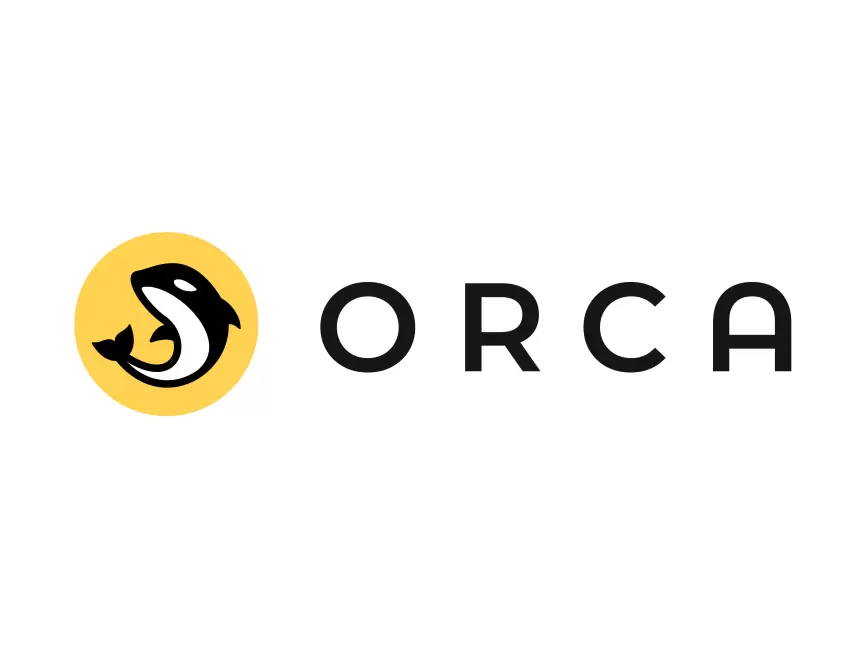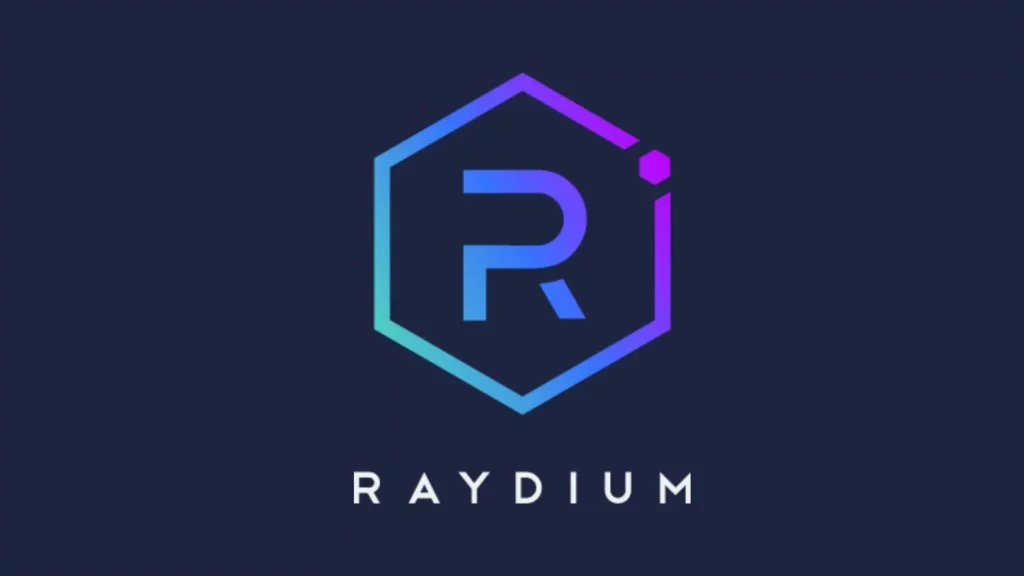DEX or Decentralized exchanges are essentially blockchain-based peer-to-peer marketplaces that allow users to conduct transactions directly. They do not rely on any central authority or intermediary like traditional exchanges. The core concept behind DEXs is to give users full control over their assets, thereby also reducing the risk of hacks, breaches, or mismanagement that are associated with centralized exchanges.
These exchanges also address privacy concerns as they require almost no personal information and promote censorship resistance and anonymity. They are also a great option for global access as there are no gatekeepers or geographical restrictions, and anyone with a wallet and an internet connection can use a DEX. Although they can be intimidating, DEXs are a crucial part of the crypto ecosystem and promote one of its core values. Here are some of the top recommendations of DEXs that you can check out:
1. dYdX
dYdX has carved a strong position in the decentralized trading space by focusing on derivatives, a segment that has long been dominated by centralized platforms. It allows users to trade perpetual contracts, use margin, and access advanced order types, all while keeping full control of their assets.
Built around a professional-grade order book system, dYdX delivers fast execution, low fees, and minimal slippage. The platform offers up to 20x leverage and deep liquidity across major markets, making it a go-to choice for experienced traders who want the functionality of a traditional exchange without giving up decentralization.
2. SushiSwap
Originally launched as a fork of Uniswap, SushiSwap has since grown into a fully developed ecosystem with its own identity and community-driven ethos. It retains the core swap functionality of major DEXs while distinguishing itself through yield farming and its multi-chain expansion.
Liquidity providers play a central role in SushiSwap’s design, earning trading fees along with rewards in additional tokens. The platform now spans multiple blockchains, offering farming opportunities across networks without limiting users to a single ecosystem. While its 0.3% swap fee can be slightly higher than competitors, SushiSwap balances that with strong community governance through its $SUSHI token and higher yield potential for participants.
3. Orca
Orca is a leading DEX on the Solana blockchain. It functions with the vision of changing the way assets are traded through catalyzing a paradigm shift in how participants in the market provide liquidity. They intend to make trading more efficient and transparent and expand the scope of what can be traded by people around the world.
Orca launched its V2 in 2024, catering to 4 different user groups of traders, liquidity providers, token creators, and builders. The platform supports near-instant swaps with minimal transaction fees and also has features like Whirpools that can help concentrate liquidity and grant support to upcoming projects.
4. Uniswap V3
Uniswap is the top pick for users on Ethereum; it is the largest and the oldest decentralized exchange with over $10 billion in weekly trading volume. The platform deploys the Automated Market Maker model, wherein users supply Ethereum tokens to Uniswap’s liquidity pools, and the algorithm sets market prices based on demand and supply.
With V3, Uniswap introduced multiple fee tiers, concentrated liquidity, non-fungible liquidity positions, and flexible oracles. The platform also supports Layer 2 solutions to help reduce transaction fees and is used by casual traders and advanced ones alike.
5. StackSwap
StackSwap represents the next evolution of DeFi on Bitcoin. Built on the Stacks blockchain, it brings decentralized trading, yield farming, and token launches to an ecosystem traditionally outside the DeFi landscape, all while leveraging Bitcoin’s security layer.
Unlike Ethereum-based DEXs, StackSwap doesn’t facilitate direct BTC trading. Instead, it operates within a smart contract-enabled layer secured by Bitcoin, enabling users to engage with DeFi tools and assets tied to Bitcoin’s base network. With its focus on low fees and AI-powered performance optimizations, StackSwap provides an early but promising look at decentralized trading built around Bitcoin’s principles.
6. 1inch
1inch is a DEX aggregator sourcing liquidity from various other DEXs to give users the best token swap rates. Unlike Uniswap or SushiSwap, 1inch doesn’t have its own liquidity pool, instead, it scans and splits orders from other platforms to optimize returns, minimize slippage, and reduce trading fees for its traders.
The platform uses the Pathfinder algorithm, which is the backbone of its routing engine, analyzing trading paths and picking the most efficient one. It also has its own AMM that reduces front-running and improves earnings for liquidity providers.
7. Raydium
Raydium is an Automated Market Maker and decentralized exchange that is based on the Solana blockchain. It is known for its high-speed and low-cost trading. Unlike other DEXs, it offers both AMM-style swaps and order book liquidity due to its integration with Serum, a central limit order book-based DEX. This gives users the best of both worlds.
The platform allows users to access staking opportunities, AMM-style swaps, and order book liquidity. Due to the Serum integration, traders and liquidity providers get deeper liquidity and better price execution. It also has the option of dual-yield farming and a launchpad called AcceleRaytor that supports new projects on Solana.
8. Meteora
A DeFi liquidity protocol built on Solana, Meteora focuses on providing dynamic, concentrated liquidity and automated yield generation. The platform allows users to deposit assets into smart vaults that manage and adjust liquidity positions automatically depending on various price ranges.
Meteora was designed to simplify advanced liquidity strategies for the average user, and that is why it taps into the high-speed, low-cost environment of Solana but does not offer swaps directly; but supplies optimized liquidity to other DEXs. This makes it ideal for those who are looking to earn passive income as they can get trading fees and rewards without having to manage their trades and positions actively.
9. THORChain
THORChain is a protocol that focuses on enabling users to swap native assets directly, ensuring that they have full custody and trustless transactions. Unlike other DEXs, it does not rely on wrapped or pegged assets for trades.
The exchange is powered by Cosmos SDK and Tendermint and has a native token called RUNE that is useful for settlements, incentives and governance. Liquidity providers on the THORChain can get rewarded for contributing to pools that facilitate swaps across various chains.
10. Shadow Exchange
Shadow Exchange is built on the Sonic network and focuses on efficient trading through concentrated liquidity and an innovative incentive model. The platform allows liquidity providers to concentrate their capital within specific price ranges, thereby optimizing liquidity utilization and reducing slippage for traders.
They also have a dynamic fee system that adjusts to market activity algorithmically with fee splits that are customizable for creator fees. This lets users on the exchange have a user-friendly trading experience.
11. Camelot
Camelot is a decentralized exchange built on the Arbitrum network, focusing on liquidity and supporting emerging crypto projects. Its platform offers a launchpad that helps new projects raise funds while providing unique incentives for long-term investors, making it a hub for innovation within the Arbitrum ecosystem.
The platform rewards liquidity providers through dual incentive structures, encouraging active participation and deeper pools. Designed for scalability, Camelot can handle high transaction volumes and traffic, ensuring smooth trading experiences. By combining DeFi innovation with robust technology, it has positioned itself as a strong option for users looking to engage with both new projects and established tokens on Arbitrum.
Final thoughts
The decentralized exchanges have expanded past simple token swaps. From cross-chain interoperability to Bitcoin-powered DeFi, today’s platforms offer a diverse set of tools tailored to different kinds of traders.
That said, no single platform suits everyone. Before committing to any exchange, it’s worth taking the time to explore how a platform aligns with your needs, technical comfort, and risk tolerance.
Disclaimer. Readers are encouraged to do their own research. Ambcrypto is not liable for any outcomes related to the use of information, products, or services mentioned. This content may include affiliate or partner links.


















